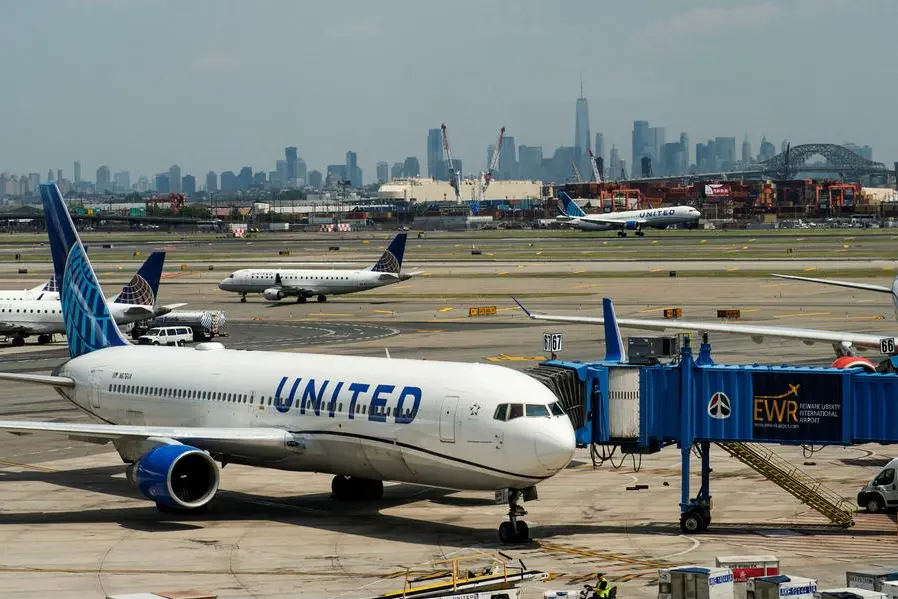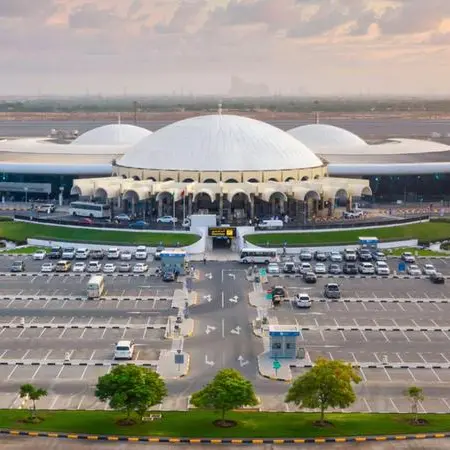PHOTO
The expansion of green jet fuels could suffer a significant set-back under president-elect Donald Trump, according to aviation officials, who fear the reversal of tax credits needed to kick-start the sector.
The comments by members of airlines trade body IATA and American Airlines at an airlines industry conference in London are among the first assessments of what a Trump presidency could mean for nascent clean jet fuels.
"There are these big potential risks on what the Trump policy is actually going to be and how this really affects everybody's motivation to pursue climate change," Marie Owens Thomsen, chief economist for airlines trade body IATA, told Reuters.
The 2022 U.S. Inflation Reduction Act contains hundreds of billions of dollars in subsidies for clean energy and is billed as outgoing President Joe Biden's signature law to combat climate change.
Europe's airlines sector, which will have to meet a new mandate for use of sustainable aviation fuels starting in 2026, has repeatedly pointed to the IRA as a useful model to encourage investment into the construction of new SAF production plants.
President-elect Donald Trump, a climate skeptic, has vowed to rescind it, something that would require the support of Congress.
While existing SAF production facilities are likely to continue producing the fuel, government affairs experts at airlines have said, any rollback of the IRA could put the future of new projects at risk.
As it stands, sustainable aviation fuel makes up only around 1% of the world's jet fuel usage, with experts saying the production rate of the green fuel needs to grow quickly for the sector to achieve a goal of net zero carbon emissions by 2050.
Trump's incoming administration could have the opposite effect.
"The market needs certainty in terms of building up their reservoir," said Ronce Almond, American Airlines' head of intergovernmental affairs, during the airlines industry conference in London on Monday.
(Reporting by Joanna Plucinska; Editing by Jan Harvey)





















